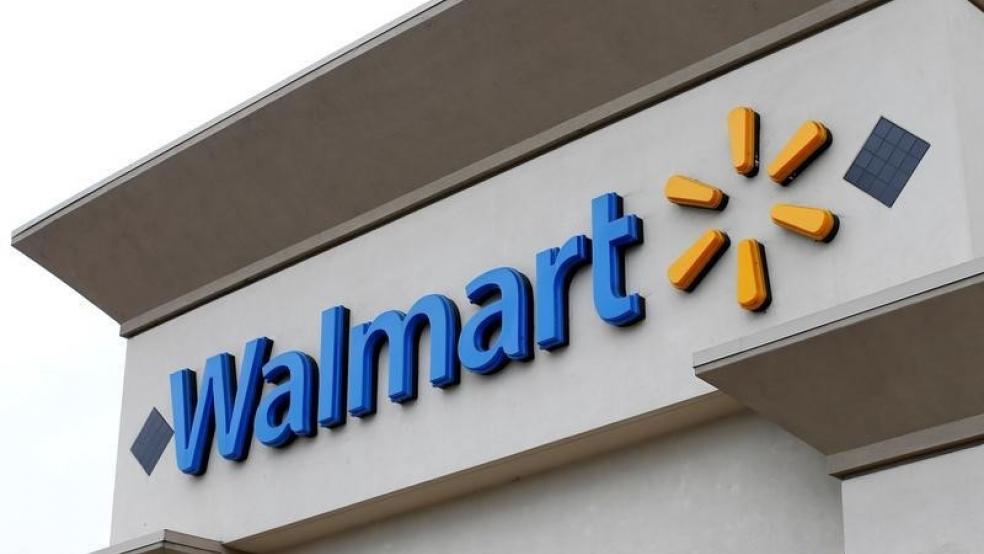Would you buy a crooked carrot? No, not a corrupt one, but one that resembles a witch’s finger?
More than 99,000 people hope so and are trying to convince Walmart — the largest grocer in the U.S. — to give misshapen carrots and other ugly produce a chance, according to a recent petition on Change.org. The aim is to reduce food waste and increase the availability of affordable fresh fruits and vegetables to lower-income Americans.
It’s long been a traditional practice for supermarkets to hold produce to strict cosmetic standards. The ugly ducklings of fruits and vegetables — those that are too small, too big, shaped funny or off-color — are thrown out, while the prettier ones are left for sale. The result? More than a quarter of produce never makes it to grocery store shelves, but rather ends up in the garbage simply because it doesn’t look as appetizing, according to the petition.
Related: Here's What Happens When You Promise Free Pizza to 60 Million People
Those behind the Walmart petition already convinced Whole Foods to give ugly produce a second look through a previous petition that garnered over 111,000 signatures. In April, Whole Foods launched a pilot program with start-up Imperfect Produce to sell bad-looking fruits and vegetables in Northern California locations.
Other major grocers have already changed their superficial standards, under special programs for homely fruit.
For instance, Associated Food Stores launched its Misfit produce program last year. It initially offered six products — unsightly red and green bell peppers, yellow squash, zucchini, mandarin and navel oranges — and now has expanded its offerings to 12 vegetables and fruits. The uglier ones are discounted by at least 30 percent.
In February, Giant Eagle introduced its “Produce with Personality” program, selling unattractive russet potatoes, oranges and apples. The items are up to 20 percent less than their lovely counterparts, according to Supermarket News.
“Whether you call them surplus, excess, seconds or just plain ugly, these are fruits and vegetables that may face rejection because they’re not considered perfect-looking,” said Dan Donovan, a Giant Eagle spokesman, in a statement. “But it’s the taste that matters."





